Introduction
Health concerns for Chihuahua are crucial to understand for every owner.
- Their small size makes them prone to specific health issues
- Understanding these concerns helps owners provide better care
- Early detection and prevention are key to maintaining their health
- Regular vet visits and a healthy lifestyle can mitigate many risks
- This guide highlights the top health concerns for Chihuahuas
1. Dental Problems

Chihuahuas often suffer from dental issues due to their small mouths.
- Plaque Buildup: Brushing their teeth regularly prevents plaque
- Gum Disease: Use dental chews to keep gums healthy
- Tooth Loss: Schedule regular vet dental check-ups to detect early
- Bad Breath: Provide dental treats to reduce odor-causing bacteria
- Tartar Accumulation: Choose specialized food that reduces tartar
- Cavities: Avoid sugary treats and provide raw bones
- Oral Pain: Monitor for discomfort while eating and consult a vet
- Regular Cleaning: Professional cleanings prevent severe issues
2. Obesity
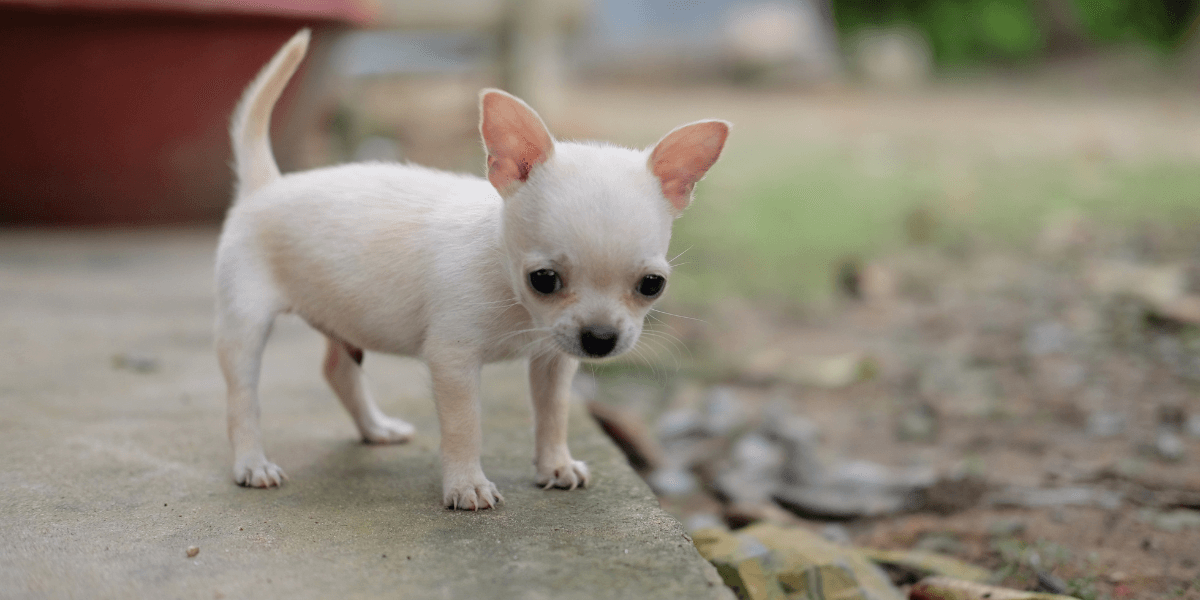
Overfeeding and lack of exercise can lead to obesity in Chihuahuas.
- Portion Control: Follow vet-recommended portion sizes for meals
- Low-Calorie Treats: Choose healthy, low-calorie treats for rewards
- Exercise Routine: Ensure daily walks and playtime to keep them active
- Weight Monitoring: Regularly check your Chihuahua’s weight at home
- Limit Human Food: Avoid feeding them scraps from your meals
- Scheduled Feeding: Stick to a feeding schedule to prevent overheating
- Water Intake: Keep them hydrated to support metabolism
- Vet Guidance: Seek advice on a balanced diet for weight loss
3. Patellar Luxation
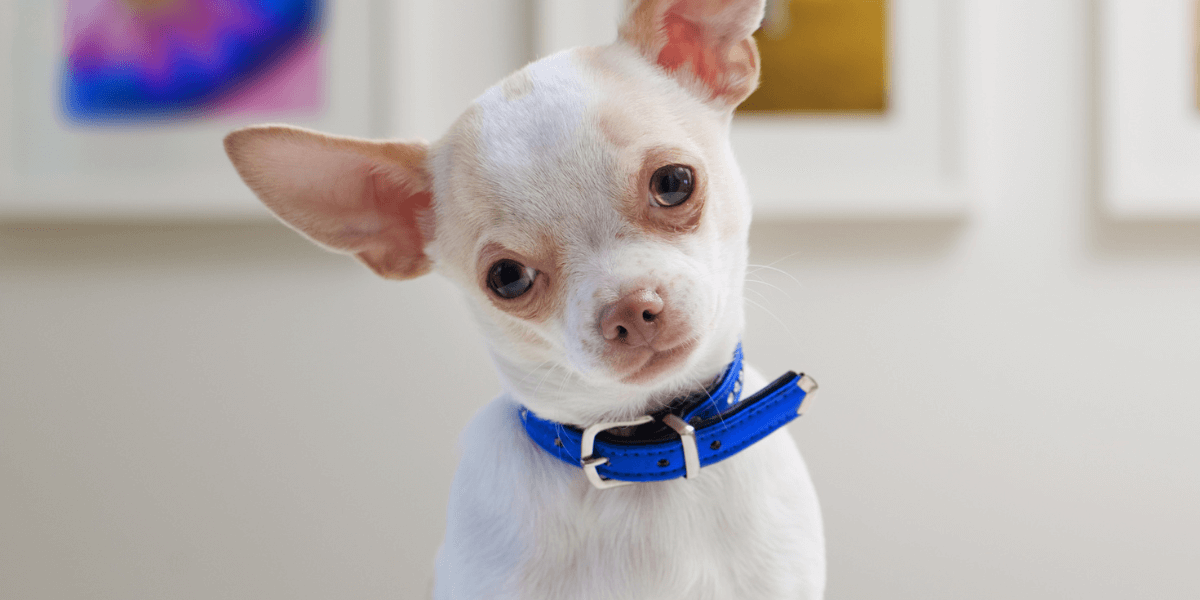
Patellar luxation is a common issue where the kneecap dislocates easily.
- Genetic Testing: Choose breeders who screen for patellar luxation
- Exercise Caution: Avoid jumping from high places to reduce strain
- Weight Management: Keep weight in check to reduce joint stress
- Joint Supplements: Consider glucosamine to support joint health
- Regular Vet Exams: Detect early signs with frequent vet visits
- Surgery: Discuss surgical options for severe cases with your vet
- Limit Rough Play: Supervise playtime to prevent knee injury
- Physical Therapy: Consider therapy to strengthen surrounding muscles
4. Hypoglycemia
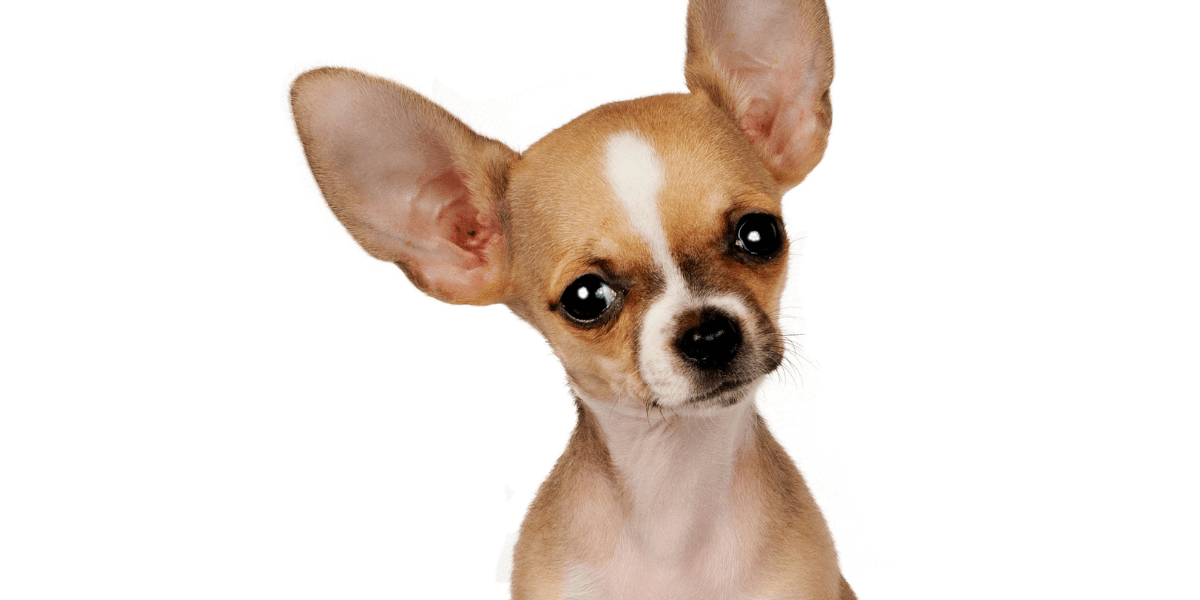
Hypoglycemia is a significant health concern for Chihuahuas.
- Frequent Meals: Feed small, frequent meals to maintain blood sugar
- High-Protein Diet: Choose foods high in protein and complex carbs
- Monitor Symptoms: Watch for lethargy or trembling as warning signs
- Emergency Kit: Keep honey or sugar syrup on hand for emergencies
- Regular Checkups: Consult the vet if symptoms persist or worsen
- Avoid Long Gaps: Never let long gaps between meals for your Chihuahua
- Temperature Control: Keep them warm to avoid energy depletion
- Stress Reduction: Minimize stress which can trigger hypoglycemia
Learn how to prevent and manage hip dysplasia in Great Danes to keep your dog active and healthy.
5. Heart Problems
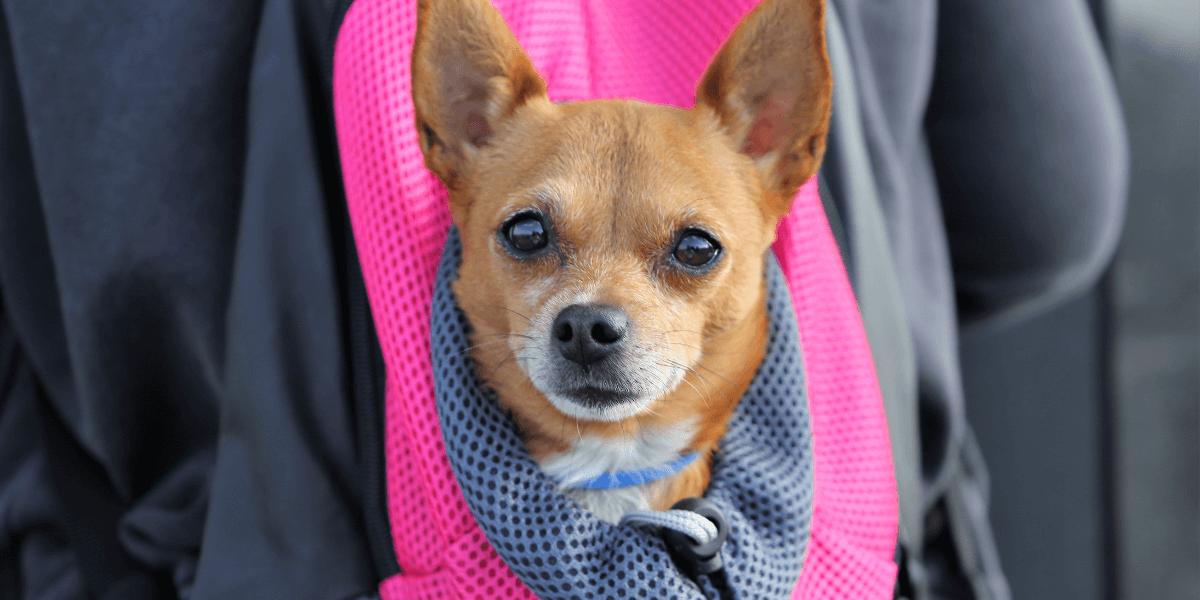
Chihuahuas are prone to heart problems like mitral valve disease.
- Regular Vet Visits: Annual checkups detect early signs of heart issues
- Healthy Diet: Provide a heart-healthy diet low in sodium
- Exercise: Maintain moderate exercise for cardiovascular health
- Weight Control: Keep weight down to lessen heart strain
- Monitor Symptoms: Watch for coughing, fainting, or breathing problems
- Medication: Follow prescribed medications strictly for heart conditions
- Avoid Stress: Keep the environment calm to reduce heart strain
- Regular Monitoring: Keep track of their heart rate and activity levels
6. Tracheal Collapse

Tracheal collapse is a common health concern for Chihuahuas causing breathing difficulties.
- Use a Harness: Avoid collars that strain the trachea by using harnesses
- Weight Management: Keep them at a healthy weight to ease breathing
- Avoid Irritants: Keep them away from smoke or strong odors
- Regular Vet Visits: Monitor the condition with regular checkups
- Medications: Use prescribed medicines to alleviate symptoms
- Cool Environment: Keep them cool to reduce respiratory distress
- Avoid Excitement: Keep them calm to prevent coughing fits
- Gentle Handling: Handle carefully to avoid trachea strain
Discover essential information on Great Dane health issues to ensure your dog's well-being.
7. Eye Problems

Eye problems are a frequent health concern for Chihuahuas due to their large eyes.
- Regular Cleaning: Clean eyes daily with a soft cloth to remove debris
- Avoid Irritants: Keep them away from dust, smoke, and chemicals
- Vet Visits: Regular checkups help detect eye issues early
- Monitor Symptoms: Watch for redness, squinting, or discharge
- Protection: Use protective eyewear in windy or dusty environments
- Eye Drops: Use vet-recommended drops for dryness or irritation
- Prevent Injuries: Keep them from playing roughly with other pets
- Breeder Screening: Choose breeders who test for genetic eye diseases
8. Hydrocephalus
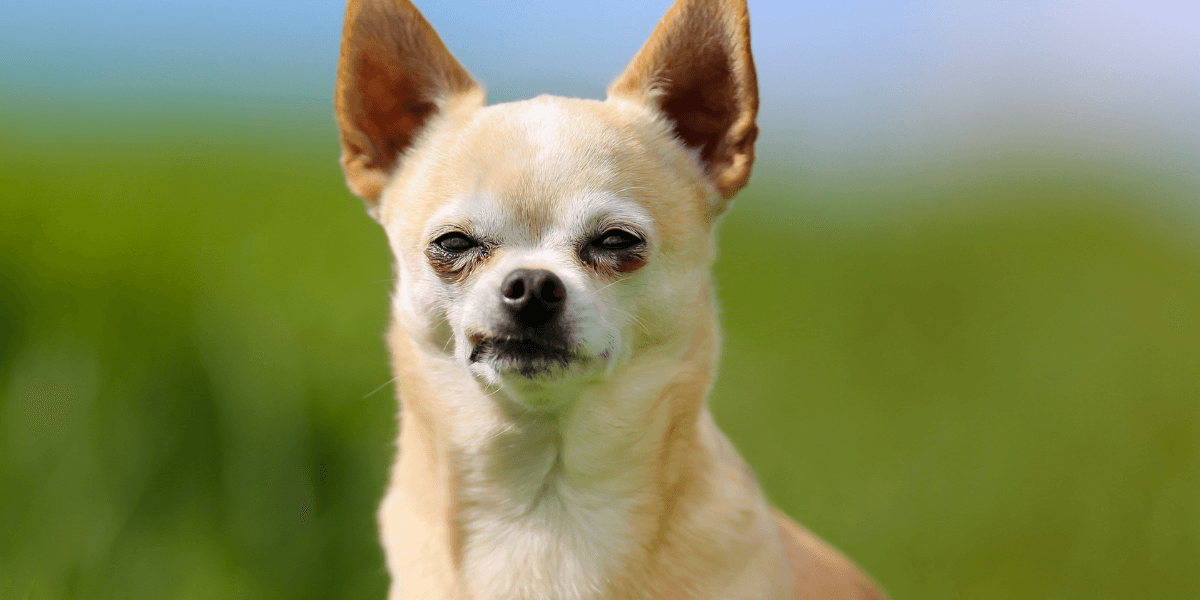
Hydrocephalus is a condition where fluid accumulates in the brain.
- Early Detection: Recognize signs like head swelling or coordination loss
- Genetic Awareness: Select breeders who screen for hydrocephalus
- Surgery Options: Discuss surgical interventions with your vet
- Medication: Administer prescribed medicines to reduce fluid buildup
- Monitoring: Keep track of your Chihuahua’s behavior and health
- Regular Vet Care: Routine checkups to manage the condition effectively
- Special Care: Provide a calm, comfortable environment for your pet
- Seek Specialists: Consult a neurologist if symptoms are severe
Explore a vet's guide to the healthiest diet for German Shepherds to support your dog's health.
9. Allergies
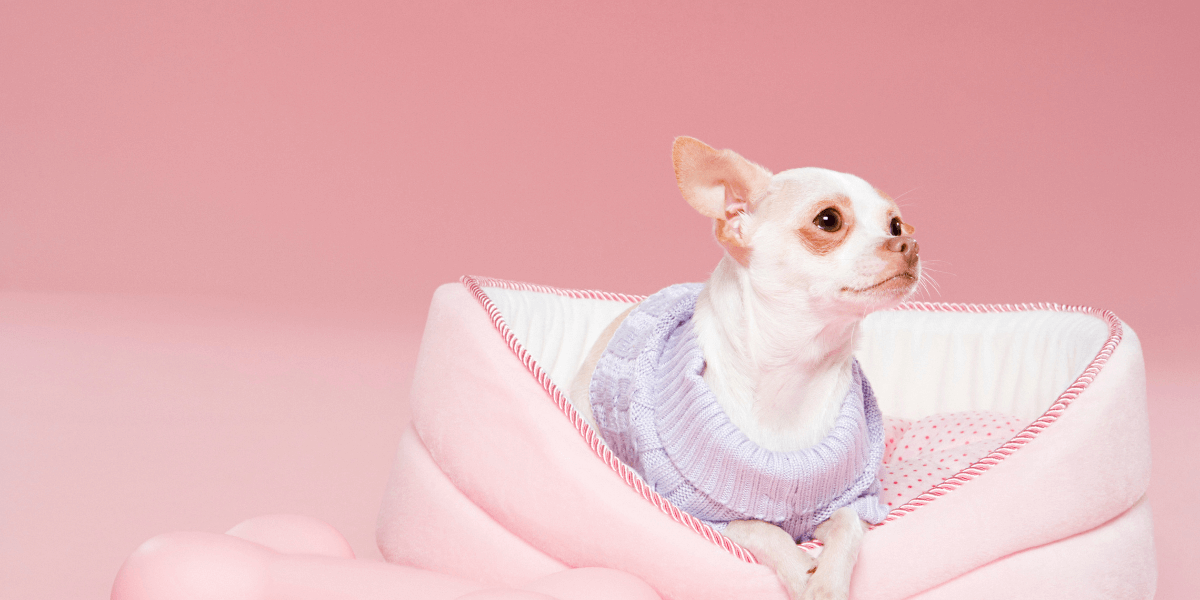
Chihuahuas can develop allergies to food, pollen, or other substances.
- Identify Triggers: Observe and identify potential allergy triggers
- Diet Control: Use hypoallergenic foods to reduce food allergies
- Medications: Use antihistamines or steroids as prescribed by a vet
- Frequent Cleaning: Regularly clean their bedding to reduce allergens
- Bath Routine: Bathe with hypoallergenic shampoos to soothe skin
- Avoid Grasses: Keep them off freshly mowed lawns during peak seasons
- Vet Guidance: Seek guidance for managing severe allergic reactions
- Prevent Licking: Stop them from licking irritated skin areas
10. Cold Sensitivity
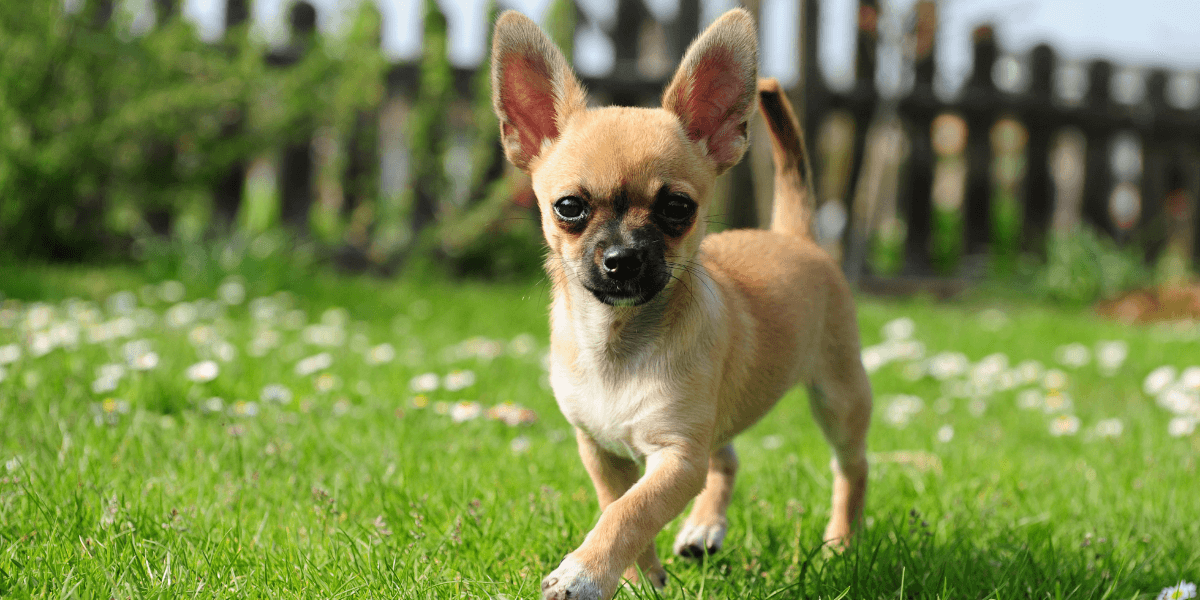
Chihuahuas are sensitive to cold due to their small size.
- Warm Clothing: Use sweaters or jackets during cold weather
- Limit Outdoor Time: Keep outdoor walks short in cold temperatures
- Warm Bedding: Provide warm, cozy bedding for your Chihuahua
- Avoid Drafts: Keep them away from cold drafts in your home
- Monitor Shivering: Watch for shivering as a sign they are too cold
- Use Heating Pads: Place heating pads in their bed under supervision
- Indoor Play: Encourage indoor activities to keep them warm
- Regular Vet Checkups: Monitor for signs of hypothermia or discomfort
FAQs
1. What is the most common health issue in Chihuahuas?
- Dental problems are the most common health issue in Chihuahuas
2. How can I prevent obesity in my Chihuahua?
- Maintain a balanced diet and regular exercise routine
3. What are the symptoms of hypoglycemia in Chihuahuas?
- Symptoms include trembling, lethargy, and seizures
4. How often should I take my Chihuahua to the vet?
- Take your Chihuahua to the vet at least once a year for checkups
5. Can Chihuahuas live with heart disease?
- Yes, with proper care and medication, they can manage heart disease
Conclusion
- Understanding and addressing health concerns for Chihuahuas is essential
- Understanding common health issues is crucial for prevention
- Regular vet visits help catch problems early
- A balanced diet and exercise promote overall well-being
- Stay vigilant about symptoms and seek vet advice when needed
- Take action today for your Chihuahua's health and happiness




